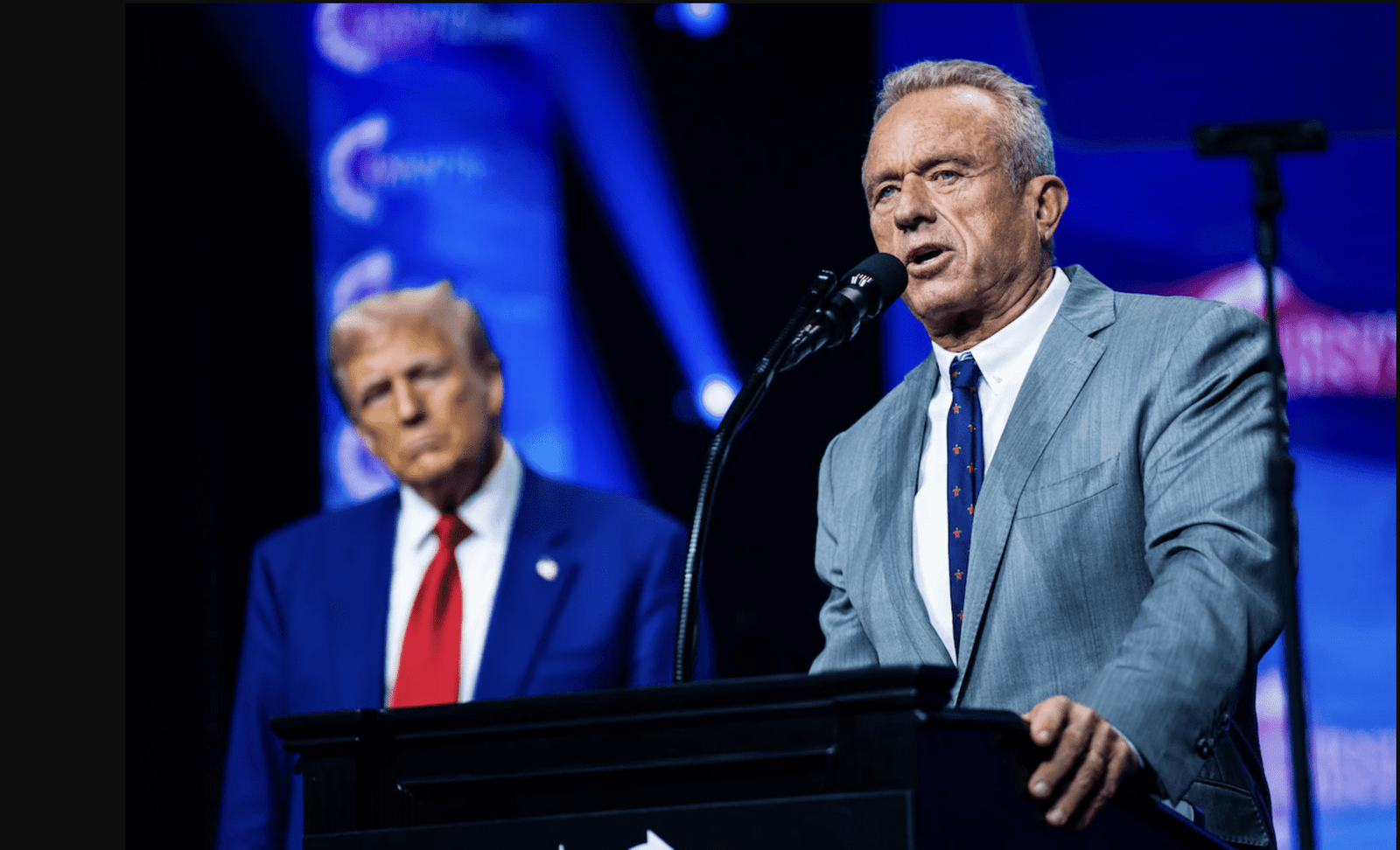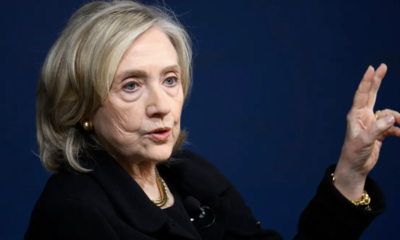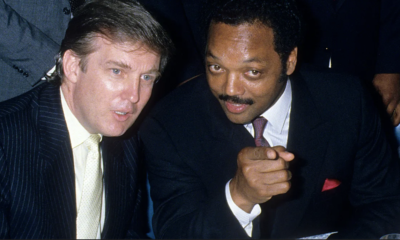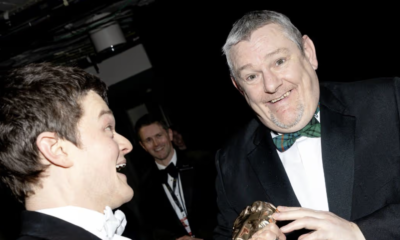Trump Presidency
RFK Jr. Set to Lead HHS: Trump’s Controversial Pick Sparks Health Policy Shakeup
Robert F. Kennedy Jr. is set to become the next Secretary of Health and Human Services (HHS), a nomination from President-elect Donald Trump that has quickly ignited debate. RFK Jr.’s journey to this role reflects a long and controversial career focused on health, safety, and environmental issues, albeit one marred by his promotion of anti-vaccine theories. His commitment to challenging established health policies has earned him both staunch supporters and strong critics. Despite opposition, his appointment symbolizes a new era of health policy under Trump’s administration, which intends to take on what both Trump and Kennedy view as longstanding issues within public health agencies.
For decades, Robert F. Kennedy Jr has championed causes he claims to benefit public health, from environmental protection to stricter regulations on chemicals and pollutants. Early in his career, he built a reputation as an environmental activist, particularly through his legal work on behalf of organizations like the Natural Resources Defense Council. His environmental advocacy has focused on fighting pollution, corporate corruption, and policies he believes harm public health. However, Kennedy’s shift to anti-vaccine rhetoric in recent years has overshadowed these achievements, drawing criticism from medical experts who argue that his positions on vaccines contradict scientific consensus.
Robert F. Kennedy’s appointment came after he dropped his independent presidential bid to endorse Donald Trump, a move that solidified his standing with Trump’s base. Trump’s vision for HHS under Kennedy is clear: both men aim to tackle what they perceive as corruption within pharmaceutical companies, the “industrial food complex,” and regulatory agencies. “For too long, Americans have been crushed by the industrial food complex and drug companies,” Trump said on social media, adding that Kennedy’s role at HHS will include addressing public health issues related to “harmful chemicals, pollutants, pesticides, and food additives.”
Thank you @realDonaldTrump for your leadership and courage. I'm committed to advancing your vision to Make America Healthy Again.
We have a generational opportunity to bring together the greatest minds in science, medicine, industry, and government to put an end to the chronic…
— Robert F. Kennedy Jr (@RobertKennedyJr) November 14, 2024
While Trump and Robert F. Kennedy Jr’s shared perspectives on the regulatory system have struck a chord with certain segments of the public, many lawmakers and health experts are concerned. House Minority Leader Hakeem Jeffries questioned Kennedy’s qualifications, stating, “Is RFK Jr. the best qualified person to lead us forward as we grapple with an enormous amount of health challenges? The answer is clearly he is not.” Similarly, public health officials worry that Kennedy’s views on vaccines could steer the nation’s health policies in an unscientific direction. Nonetheless, Kennedy has defended his stance by asserting he only seeks transparency in vaccine safety studies and is not opposed to individual vaccination choices.
Kennedy also recently hinted at other potential health policy changes, such as advising against fluoride in drinking water. He has long claimed that fluoride may be harmful to children’s cognitive development, a controversial view not widely supported in mainstream health science.
Robert F. Kennedy’s confirmation process is likely to be contentious, as the Senate will weigh his track record of challenging widely accepted public health practices. With a Republican majority, Donald Trump’s confidence in RFK Jr.’s confirmation is high, but GOP leaders like Senator John Cornyn noted that vaccine issues could be a sticking point. As RFK Jr. moves closer to leading one of the country’s most critical departments, the public health community awaits with uncertainty, prepared for the policy shifts his tenure could bring.









































Pingback: RFK Jr.'s Discredited Vaccine Researcher for Autism, David Geier